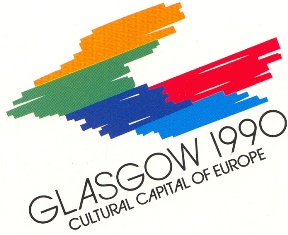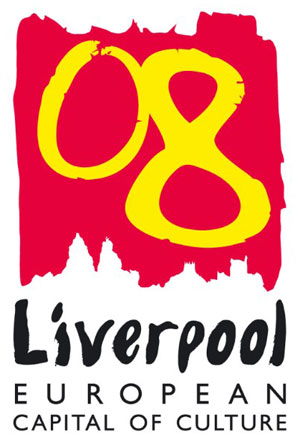Ulyanovsk the European capital of culture 2010 –
this has been a buzzword for several months. The first reaction when people
hear it can vary but it always has some negative shades. Some people say that
it’s a poor joke. Others say that it’d be by far better for the local
government to focus on existing problems and set more realistic goals. And all
of them firstly think about cultural life in our city which can’t be called
eventful. European capital of culture, what’s it all about?
Let’s take a brief tour back in time. This initiative was put forward by Melina
Mercouri in 1983. She was the minister of culture in Greece at that time.
Originally this programme was called the European City of Culture.  For one
year, starting with Athenes, one of the European cities with rich cultural
heritage was awarded this title. The city hosted vast variety of cultural
events throughout this year, which encouraged people from around the world to
meet in one place. For one
year, starting with Athenes, one of the European cities with rich cultural
heritage was awarded this title. The city hosted vast variety of cultural
events throughout this year, which encouraged people from around the world to
meet in one place.  They not only enjoyed the cultural event itself, but also
exchanged live cultures and values. Such trend lasted for 5 years. Florence,
Amsterdam, Berlin and Paris were honoured with this title. They not only enjoyed the cultural event itself, but also
exchanged live cultures and values. Such trend lasted for 5 years. Florence,
Amsterdam, Berlin and Paris were honoured with this title. However, in the course of time the background
philosophy changed. The idea was treated at a wider perspective. It was decided
to use culture as an incentive to economic development. Cities that faced some
economic hardships were encouraged to participate in the programme to give
boost to their economy .
It proved to be a viable idea for the next 20 years with ongoing improvement and refinement. The European capital of culture 2010
is Istanbul. The peculiar thing about it is that Turkey is not a member of the
European Union, it is only a partner. Such precedent opens the door for other
non-member countries to apply for the title. 
Well, the picture is becoming clearer, though it
still sounds like utopia to most of us. Is it utopia or an extremely
challenging breakthrough goal? Let’s have a look at some sport example.
It is about the way the British hockey team, that had not showed very
successful performance at three consequent Olympic Games, managed to achieve
great changes in their performance in Munich 1972. Showing results around 12th
and 15th place, they aimed for Gold! Their reasoning was that
only huge goals can encourage huge effort. Did they reach the goal and get the
Gold? – No. But they managed to improve their performance more 200%, they were
the 6th that year. Their breakthrough goal made it happen. When you set such goals, you start acting in a
different way. You allocate more time and put more effort. You become more
careful in selecting resources. Only significant goals serve as energy boosters
and a source of great inspiration. The first step has been made. We are aiming for a
breakthrough goal. Next step is to make sure that everybody shares the vision
and is involved. All you need is to answer a question: ‘Do I want make my city
into a much better place to live in?’
|